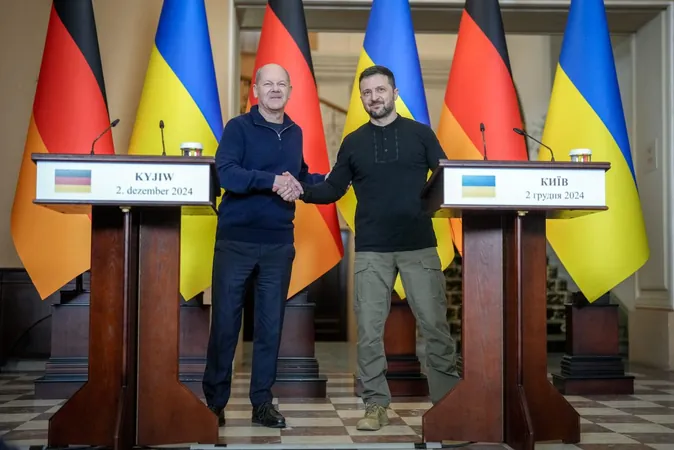
Major Developments in Ukraine War: Scholz's Historic Visit and New Military Strategies Amidst Intensified Conflict
2024-12-02
Author: Michael
On December 2, German Chancellor Olaf Scholz made a landmark visit to Kyiv, marking his first trip to Ukraine's capital since June 2022, amid the ongoing conflict with Russia. Upon his arrival, Scholz pledged a substantial military aid package of $680 million (approximately 650 million euros), reinforcing Germany's commitment to support Ukraine in its battle against Russian aggression.
In his remarks, Scholz asserted, “Germany will remain Ukraine's strongest supporter in Europe,” in a show of solidarity with President Volodymyr Zelensky. This visit comes closely on the heels of Scholz's controversial phone call with Russian President Vladimir Putin, which had garnered a mixed response from Ukrainian officials.
Historically, this visit was significant as it followed Scholz's joint trip with French President Emmanuel Macron and former Italian Prime Minister Mario Draghi in June 2022, during which they pledged coordinated support for Ukraine. Despite Germany becoming the second-largest military donor to Ukraine, there has been ongoing criticism of Scholz’s cautious approach, particularly regarding the provision of long-range missiles.
Zelensky also made headlines on December 2 with a call for rapid reforms in the Ukrainian Armed Forces, announcing personnel changes to enhance military efficiency. A key appointment was General Mykhailo Drapatyi, now commanding Ukraine's Ground Forces. These adjustments are part of Zelensky's broader resilience plan to increase military readiness and adapt strategies in light of the evolving threat posed by Russian forces.
As tensions escalate, reports emerged revealing that Russia has trained around 300,000 reserve soldiers, aiming to bolster their forces amidst mounting casualties. Ivan Buvaltsev, head of Russia's Armed Forces training department, disclosed these figures through the state-controlled outlet Krasnaya Zvezda.
In addition, Zelensky shared chilling news of North Korean troops reportedly joining Russian forces in the conflict, with some casualties already confirmed. This military cooperation indicates a deepening alliance between North Korea and Russia, as Pyongyang potentially provides arms in exchange for economic assistance and support for its nuclear program.
Despite the recent energy of the Ukrainian military, Zelensky stated that direct military action to liberate occupied territories may require diplomatic solutions, acknowledging the limitations of current military capacity. His comments signal a nuanced shift in strategy as Ukraine seeks NATO membership and a more stable military foundation for potential future offensives.
President Zelensky's statements come as he urges NATO allies for immediate discussions to secure Ukraine's entrance into the alliance, signaling the complex interplay of military action, diplomatic negotiations, and international relations that will shape the future trajectory of Ukraine in this prolonged conflict.
In summary, as Scholz reaffirms Germany's support with significant military aid, and Ukraine adapts its military strategies amidst foreign partnerships and ongoing territorial challenges, the urgency of the situation resounds louder than ever. The war continues to evolve, with geopolitical ramifications that stretch beyond the borders of Ukraine.



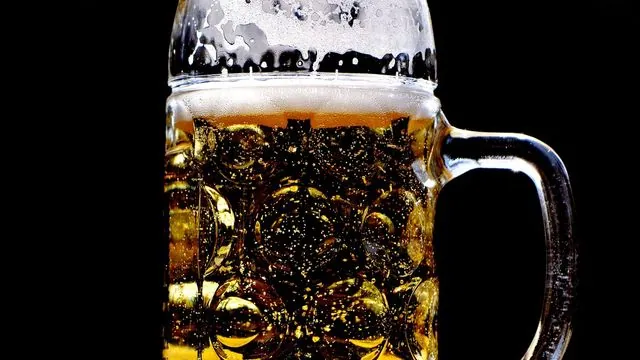
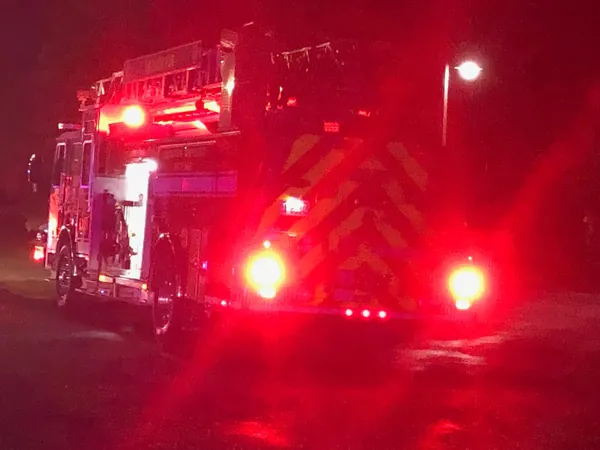
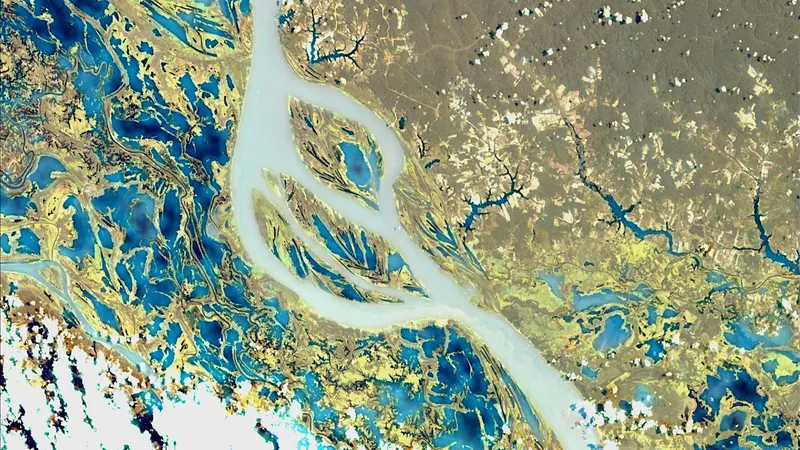

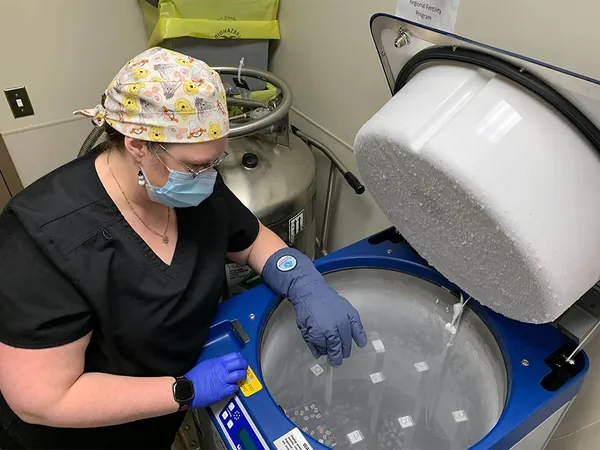
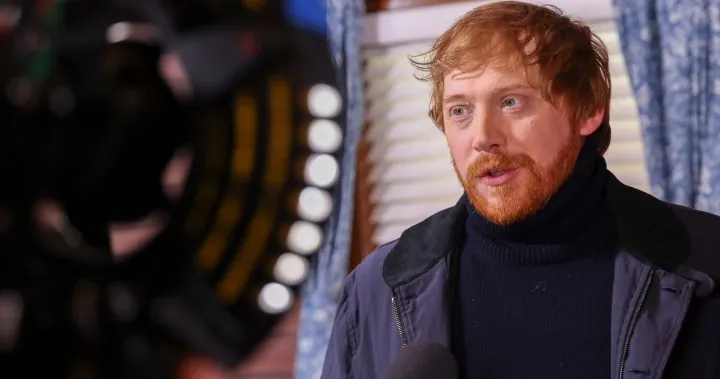
 Brasil (PT)
Brasil (PT)
 Canada (EN)
Canada (EN)
 Chile (ES)
Chile (ES)
 España (ES)
España (ES)
 France (FR)
France (FR)
 Hong Kong (EN)
Hong Kong (EN)
 Italia (IT)
Italia (IT)
 日本 (JA)
日本 (JA)
 Magyarország (HU)
Magyarország (HU)
 Norge (NO)
Norge (NO)
 Polska (PL)
Polska (PL)
 Schweiz (DE)
Schweiz (DE)
 Singapore (EN)
Singapore (EN)
 Sverige (SV)
Sverige (SV)
 Suomi (FI)
Suomi (FI)
 Türkiye (TR)
Türkiye (TR)